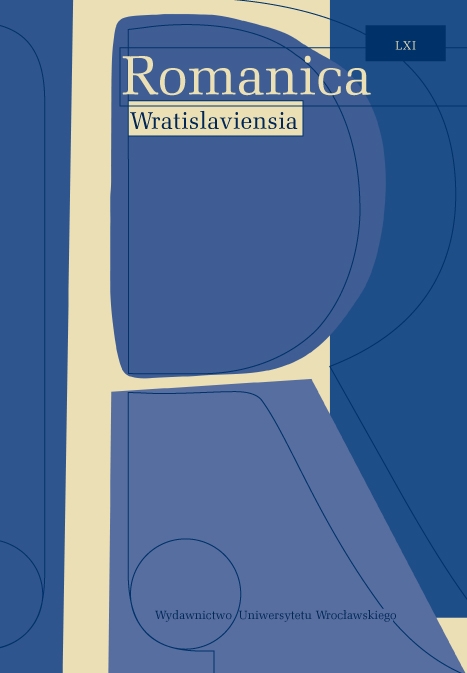

Articles

THE DOCUMENTARY FABLE: ZOLA AND HISTORY
In The Rougon-Macquart Emile Zola uses History as a framework for his cycle of novels. However, rather than in following the chronological order or in recounting the major events of the Second Empire, Zola is mainly interested in criticising the period in question. Referring to the reign of Napoleon III as a ‘closed circle,’ he strives to show that History repeats itself and that it has no meaning. In his last series, The Gospels, Zola precisely tries to recapture this meaning by underscoring the progress of humanity. But while history holds an important place from The Fortune of the Rougons through The Downfall to Rome, we must not forget that the novelist’s method also resembles that of a historian as both use documents which they select according to their importance and which they integrate into their discourse. Thus, the novel remains a ‘fable,’ that is to say, fiction, though it is still a documentary fable that guarantees its own historical veracity.